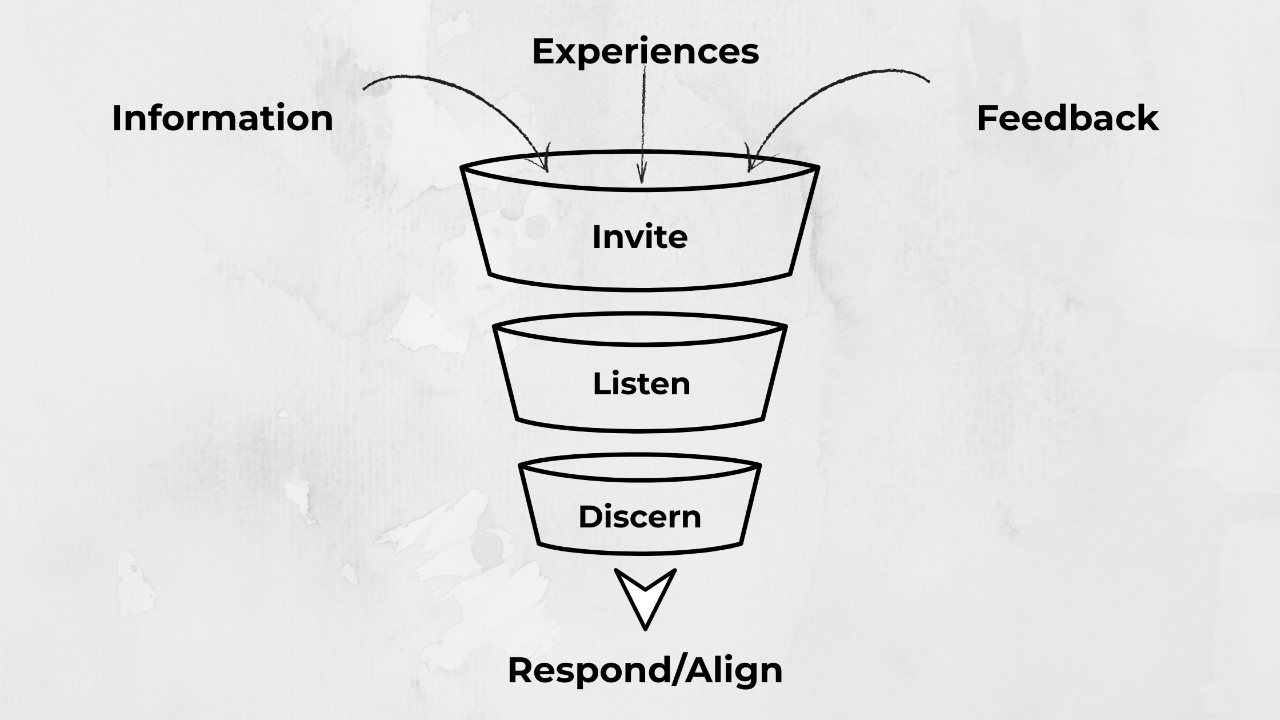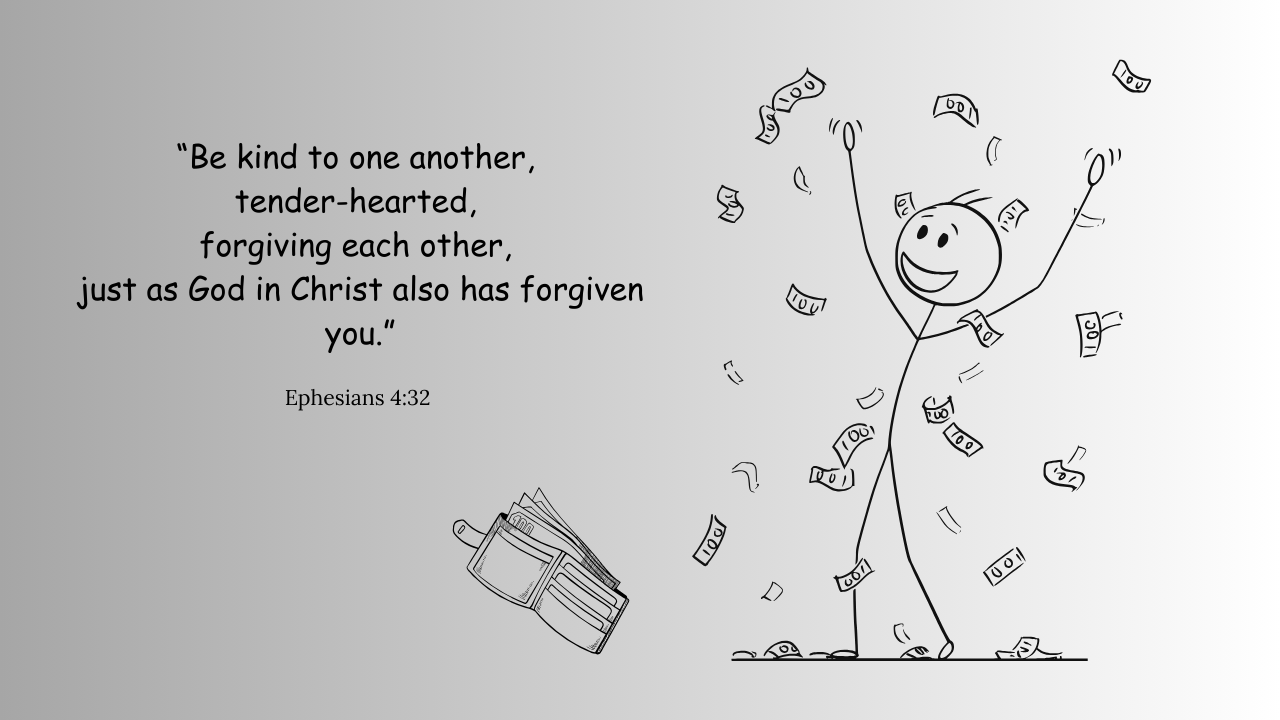But imagine if that’s all you received—no clear job description, no sense of what your role actually is. Just a general picture of the organization.
That’s how many Christians end up living their faith. They live a sincere but generic spiritual life, without much sense of personal assignment from the Lord.
Discipleship is often done this way. We hand people a long manual (the Bible), or sometimes a shorter one—guidelines, beliefs, expectations—and we encourage them to learn the content and behave well. But we rarely help them discern their specific calling: what God may be entrusting to them, in t...











